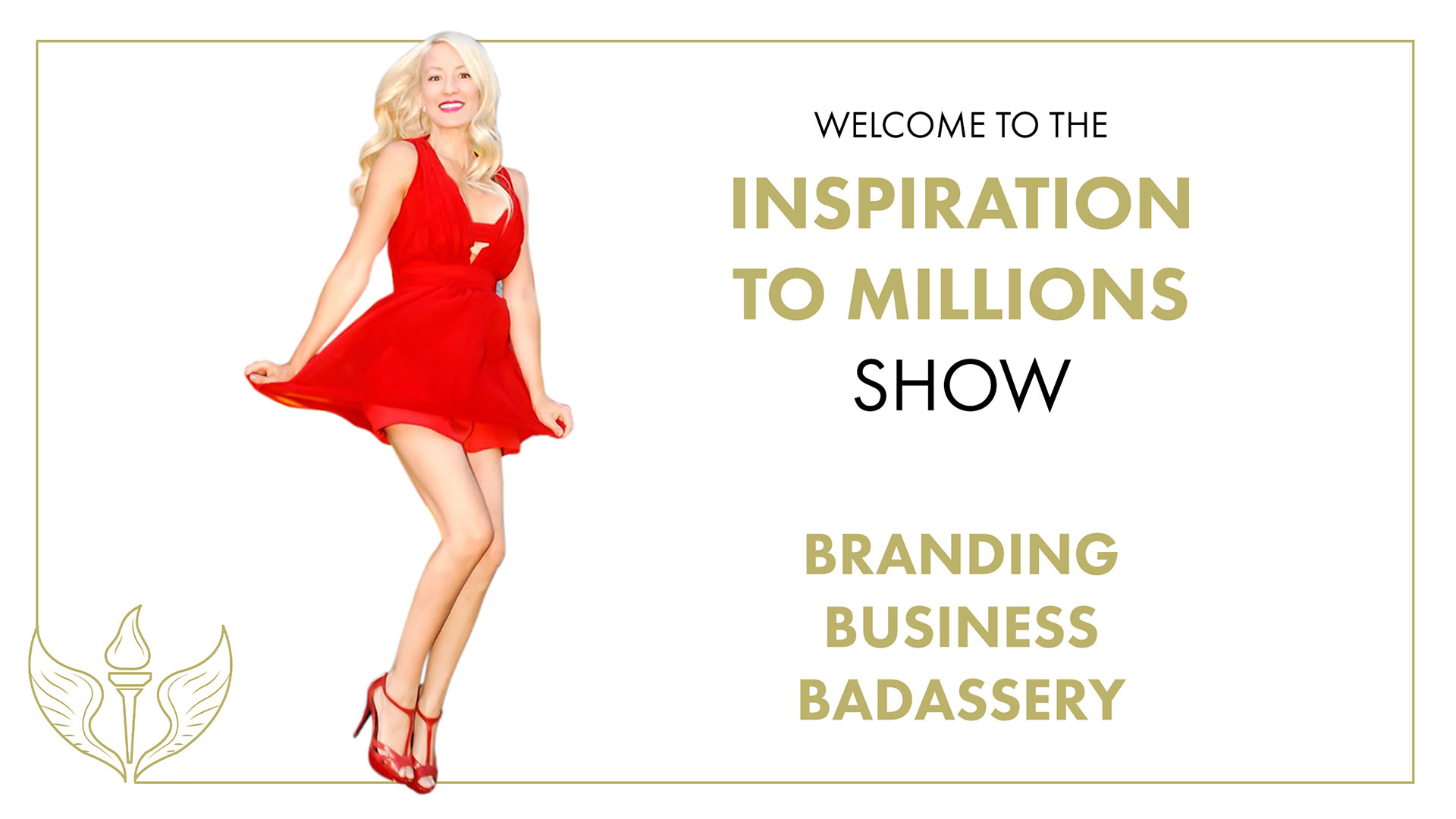Personal Name Brand Or Umbrella Brand – Which Makes More Sense And Why?
Pros and Cons of a Personal Name Brand vs. an Umbrella Brand
Recently, the news about the separation of Bill and Melinda Gates exploded onto the scene and this got me thinking about their brand. These two were the perfect power couple and they were saving the world via the Bill and Melinda Gates Foundation. Their brand would take care of the poor and the sick, and the whole world was awed by the wealth and commitment of these two people working together. But now that they are going their own separate ways, what happens to that brand – that beloved, trusted brand that promised succor to the sick and lifted people out of poverty? If the foundation didn’t have their names in it, would the brand have fared better in light of the divorce announcement? What does this tell us about personal name brands? Find out in the video above.
Names have power.
There is no doubt that celebrity names have tremendous power: a TV star with a clothing line, a Hollywood actor with a makeup line, or now even a YouTube influencer with their own merch – these are almost sure to succeed, at least up to a point. But as much power as a celebrity name has, it comes with certain perils.
Firstly, there is the fact that fans want the celebrity, they don’t want to deal with anyone but the celebrity. So the celebrity has to be personally involved and also available. Secondly, a name brand is difficult to sell, diversify, repurpose, franchise, or license. So, the Bill and Melinda Gates Foundation may not survive the divorce unscathed, but Apple transitioned from the Steve Jobs era to the Tim Cook era fairly seamlessly.
Even someone who is so in love with his own name as Kanye West did the prudent thing. Back in 2006, he launched his first clothing line under the name Pastelle. The brand was discontinued in 2009 but it didn’t hurt “brand Kanye.” “Brand Kanye” now comes out with Yeezy and Pastelle has no bearing on this new launch. In this episode of Inspiration to Millions [INSERT LINK], I talk about many more celebrities who have successfully leveraged their fame and cultural capital to create production houses, food, beverages, media companies, clothing, lingerie, even tequila!
A non-personal name brand offers protection.
Fame is permanent which is good and bad. Once you’re famous you can never achieve anonymity again. Once a person is famous everything they do is visible. This reflects on every facet of their life, including their brand. This also means that they are personally responsible. If something goes wrong with the brand, it reflects poorly on them.
So, while there are many reasons to take advantage of one’s celebrity or fame to launch a personal name brand, there are some inherent risks as well. But that doesn’t mean that you cannot ever leverage your fame, expertise, or authority to lend credence to your brand. There is a middle path, as I explain my recent episode of Inspiration to Millions. And don’t miss the free gift I give away in the end. It’s gonna help you decide which name holds the highest potential for your business among everything you’ve shortlisted.

